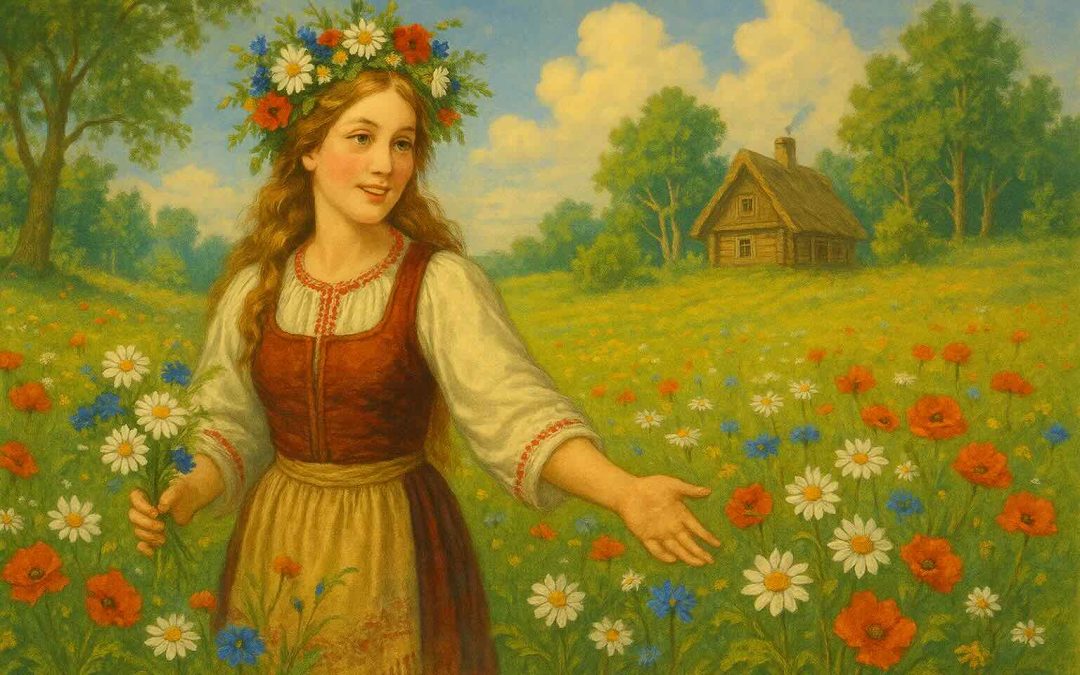Folklore has always given us monsters that reflect what scares us most. Spirits, demons, shapeshifters, and creatures lurking at the edge of the map weren’t just stories. They were ways of talking about danger, taboo, or the unknown. Modern fantasy is carrying that tradition forward, but the shadows look different now. Writers are reshaping folklore to mirror the anxieties of our own time, from climate worries to digital ghosts and the influence of artificial intelligence. The result is monsters that feel less distant and more like they live in our own backyard.
Nature Striking Back
Old myths often spoke of forests, rivers, or oceans that demanded respect. In today’s fantasy those nature spirits are showing up as agents of ecological revenge. The creatures in Composite Creatures by Caroline Hardaker emerge from a damaged environment where pollution and ecological collapse reshape life itself. In Lost Ark Dreaming by Suyi Davies Okungbowa a sea creature tied to the goddess Yemoja invades a drowned tower, connecting mythology to violence and ecological ruin. These beings are not just there to scare. They remind us that the natural world keeps the receipts.
The Familiar Turned Strange
Folklore has always twisted the ordinary into something uncanny. Modern fantasy often does this by reimagining creatures that once felt familiar. The Witcher, both in Andrzej Sapkowski’s books and the Netflix series, draws on Slavic folklore. The kikimora, striga, and doppler are not just scary monsters. They take on symbolic roles tied to memory, motherhood, and identity. What once was a folktale to frighten children becomes a psychological and cultural mirror, making us question if the monsters are outside us or inside us.
Folklore Meets Technology
Another shift comes when folklore collides with the digital world. Our ancestors feared dark woods and mirrors. We fear our phones, our data, and algorithms that know us too well. Essays like “The Folk Horror of the Digital Age” show how writers use ancient spirits that slip into our devices and haunt us through screens. Others explore what happens when modern technology fails and ancient beings resurface, as described in this reflection on folk horror and tech. The fear is no longer about getting lost in the woods. It is about losing yourself in the network.
Monsters as Social Memory
Folklore once carried moral lessons. Break a taboo and face the monster. Modern fantasy keeps that moral edge but shifts it to collective responsibility. In A Snake Falls to Earth by Darcie Little Badger monsters are tied to colonialism, environmental breakdown, and cultural survival. They are not just villains, they are the past pressing into the present. In Lost Ark Dreaming the sea creatures embody the history of enslaved Africans thrown into the ocean during the Middle Passage. The fear comes not only from the creature itself but from the weight of forgotten or silenced history that returns to demand recognition.
Why These Shadows Matter
Modern monsters matter because they bring our hidden worries into the open. They are relevant. Climate collapse, tech overreach, social injustice, and identity struggles are given shape through creatures that refuse to stay in their folkloric boxes. They are complex. They often make us ask if the real monster is the spirit or the society that produced it. They force responsibility. When monsters reflect our own choices, we cannot just cheer for the hero to kill them. We have to wonder about our own part in creating them.
Perhaps most importantly, they allow cultures to reclaim their myths. Folklore has often been used by outsiders to exoticize or diminish. Modern writers are taking those myths back, giving them new life, and using them to tell truths about history and survival.
Folklore’s shadow is long, but it keeps shifting. Modern fantasy doesn’t just re-skin old creatures for cool battles. It reshapes our fears into monsters that are both ancient and brand new. When we meet these beings in stories, we are really meeting ourselves. And that might be the scariest thing of all.


Recent Comments